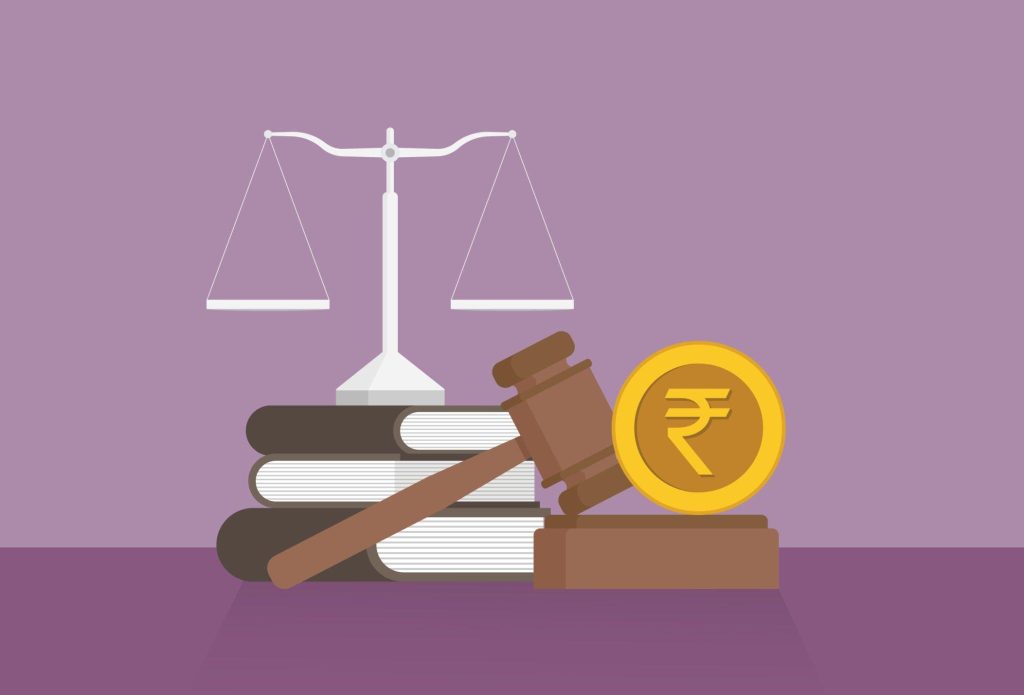In a world where financial stability is crucial, the concept of using home equity as a tool for debt consolidation has gained significant attention. Imagine transforming the roof over your head into a key to unlock financial freedom. This article will delve into the specifics of how homeowners in India can leverage their home equity to manage and consolidate debts effectively.
Using home equity as a tool for debt consolidation is a financial strategy that involves leveraging the value of your home to manage and pay off existing debts. This method can be particularly relevant in an Indian context, where property ownership is a common form of investment and many individuals may have significant home equity. Here’s how home equity can be utilized for debt consolidation in India:
Understanding Home Equity:
- Definition: Home equity is the difference between the market value of your property and the outstanding balance on your home loan.
- Increased Property Values: In India, property values have generally shown an upward trend, leading to an increase in home equity for many homeowners.
Using Home Equity for Debt Consolidation:
-
Secured Loan Options:
- Loan Against Property (LAP): This type of loan allows you to borrow money by pledging your property as collateral. The interest rates for LAP are often lower than those for unsecured loans.
- Home Equity Loan: Similar to LAP, a home equity loan allows you to borrow against the equity in your home. The loan amount is determined by the value of your property.

-
Benefits of Debt Consolidation:
- Lower Interest Rates: By using home equity, you may qualify for lower interest rates compared to some other forms of unsecured debt.
- Single Monthly Payment: Consolidating multiple debts into one can simplify your financial management, providing a single monthly payment instead of managing various loans.
- Potential Tax Benefits: In India, the interest paid on home loans and certain types of secured loans may be eligible for tax deductions.
-
Risks and Considerations:
- Property as Collateral: Using your home as collateral means there’s a risk of losing it if you fail to make the required payments. It’s crucial to assess your ability to repay the consolidated loan.
- Market Fluctuations: Property values can be subject to market fluctuations. Economic downturns or changes in the real estate market could affect the value of your collateral.
-
Professional Advice:
- Consult Financial Advisors: Before using home equity for debt consolidation, seek advice from financial experts or mortgage advisors to understand the potential risks and benefits.
Conclusion:
In India, where property ownership is a significant form of investment, leveraging home equity for debt consolidation can be a viable option. However, it’s crucial to carefully evaluate your financial situation, assess the associated risks, and seek professional guidance to make informed decisions about using home equity as a tool for debt consolidation.


